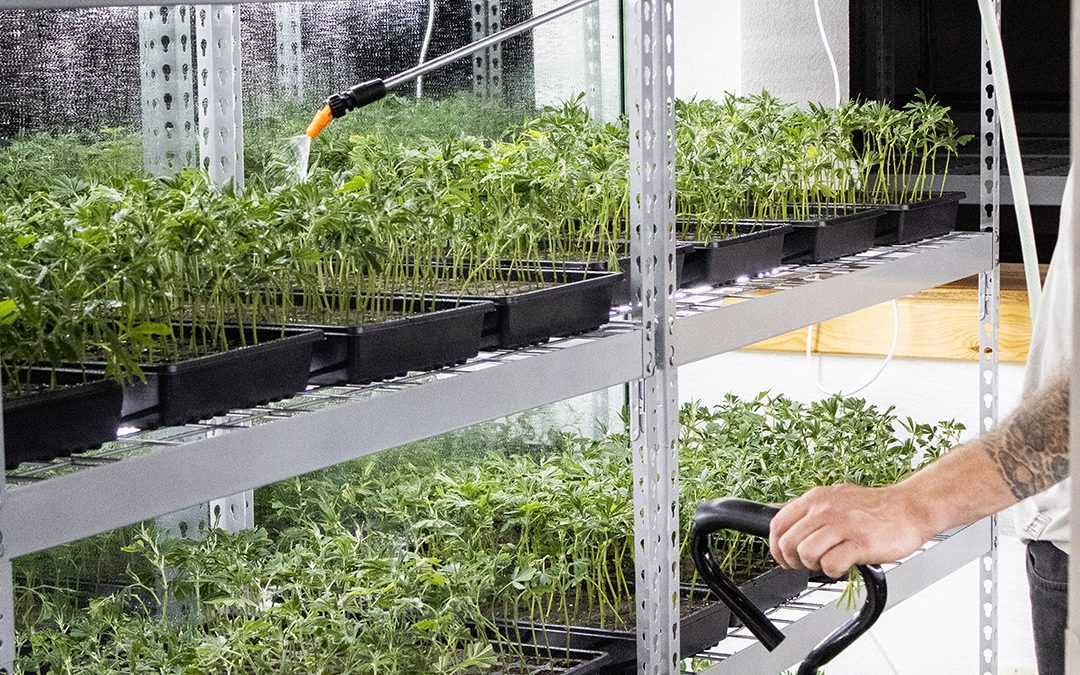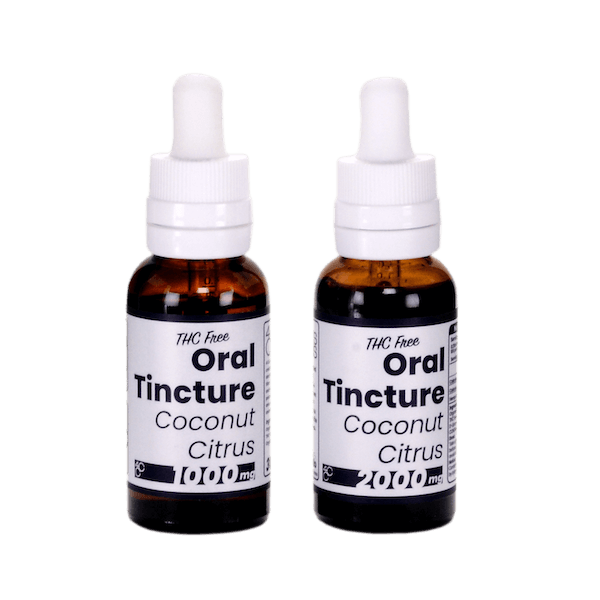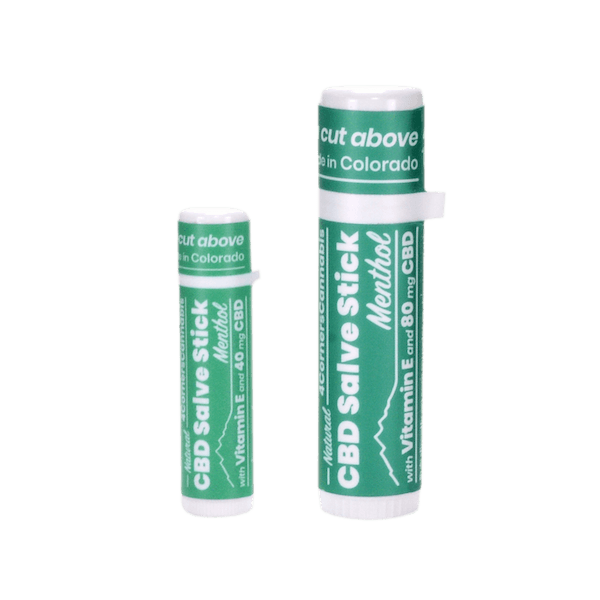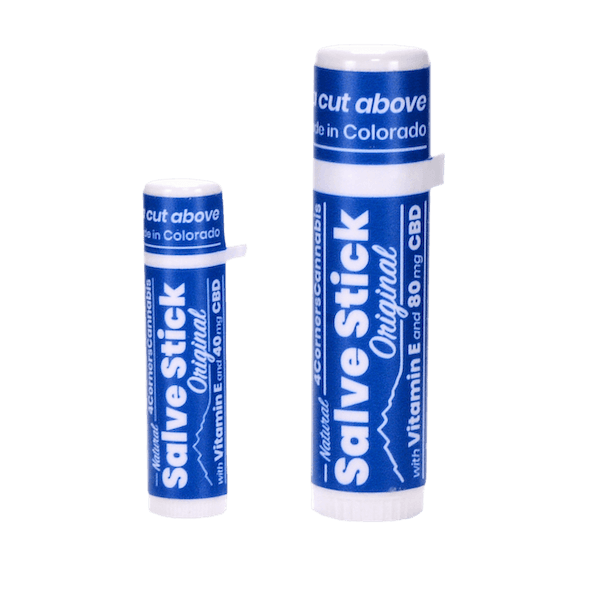When working with quality cannabis plants, there are a few essential things that need to be done to ensure their health. Feeding them a proper diet and lighting them appropriately are key. Nothing is more important than watering cannabis properly though!
Cannabis plants act somewhat like Goldilocks when it comes to hydration. You need to find the perfect amount to water them rather than drenching them or even worse, dehydrating them.
How often do you water them? How much water do they need? Where should I be getting my water from?
4 Cannabis Watering Tips
Plants don’t want too much or too little but prefer just the right type and quantity of water based on the method of watering. You might even say they want just the right “flow” when it comes to water. There are a few different ways to go about watering and irrigation. Each grower has to decide what will work best for their specific needs.
1. Use The Proper Water Source
This might be really basic for some, but growers should use fresh water for this endeavor. We know that may be a trivial distinction if you live in an inland state. However, there are places where fresh water isn’t as readily available as salt water.
The first thing to consider in the realm of watering cannabis plants is the water source. Every source carries different pros and cons, so this will require careful deliberation. Growers should adjust nutrient regimens appropriately for their water source as well. This is because different sources contain varying quantities of necessary nutrients. The following are some of the more popular water sources and the reasons that growers choose them or avoid them.
Tap Water
Water straight from the tap is a surprisingly popular choice given the vast difference in mineral content and water quality in different regions. If you ask the folks at Cannaconnection, there’s one primary way to find out if your cannabis plants will like your tap water.
Simply leave a bucket of tap water out overnight to settle. Not only does this give the contents of the water a chance to settle, it also helps to get rid of the chlorine that tap water often has in it. At that point, you should be able to test the water’s pH with far greater accuracy. As a bonus, your cannabis plants will also like this room temperature water better than hot or cold water.
Rainwater
Rainwater is arguably the cleanest fresh water source. It may have particulate matter or bacteria depending on where growers collect it, so it likely needs to be sterilized by UV light or chlorination. In Marijuana Venture’s article Watering Techniques, they add that sediment and carbon filters should be used when watering cannabis plants this way.
While this is a good way to give your hemp some moisture, we generally recommend that you should control your watering schedule more than you can with just rainwater. By keeping your plants indoors or on regular watering schedules you can monitor the water they get better.
Well Water
This source circumvents a lot of the regulations that tap water has to live up to. Well water contains widely varying amounts of heavy metals and contaminants, and occasionally unsafe amounts for humans and cannabis plants alike. Because of this, it’s recommended that growers get well water tested by a professional to verify its quality.
Surface Water
Some of us grow in locales where the water practically flows right to us, and does so naturally. Rivers and streams generally contain large amounts of sediments, so it will require more filtration than some of the other water sources.
2. Controlling contaminant content
For the most part, none of the freshwater systems are perfect. Once growers determine the water source for their cannabis plants, the next step is determining the appropriate filtration for that water. If growers are watering cannabis without filtration for any reason, frequent water testing is crucial.
Most growers use some sort of intermediary to optimize water for cannabis plants. These media might consist of things like the sediment filter, carbon filter, and chlorination mentioned above.
Some growers even opt to use distilled water or reverse osmosis systems (RO systems) for different stages in growth. Particularly beneficial for small and vulnerable plants, these methods allow you to remove virtually all unwanted contents from the water. Note that when growers choose this course, they must supplement any necessary nutrients that would otherwise come from freshwater to allow their cannabis plants to grow properly.
At 4 Corners Cannabis, we utilize reverse osmosis water for developing plants to make sure they’re healthy and strong by the time they reach the field.
3. Use The Best Watering Methods
For indoor growers, hydroponic watering systems are a very popular way to water cannabis. Hydroponic systems provide a steady and constant flow of water, so plants are never thirsty and don’t have to stress too much.
For both indoor and outdoor growers alike, drip irrigation systems are the most commonly used systems. While they don’t provide the same persistent flow that hydroponics do, they allow for even and adequate watering of roots with minimal waste.
Since we grow outdoors at 4 Corners Cannabis, we utilize drip irrigation rather than hydroponic irrigation.
Although almost no one does, occasionally growers use flood irrigation to water cannabis plants. How often do growers do this? Almost never! This method is less than ideal and has the potential to be very wasteful.
Some farmers manage to release water at appropriate intervals though and can even capture and reuse water that has runoff from the field, given the appropriate planning and infrastructure. This method makes it much harder to control water flow than the two prior methods, which happens to bring up the next factor for consideration: frequency and quantity.
4. Cannabis Watering: Timing and Amounts. How often do I water cannabis plants? How much do I give them?
At this stage in the process, growers have figured out their fresh water source, their filtration protocol, and their delivery method. But how often do growers water, and how much water do they use? It seems like a simple question, but don’t underestimate its importance. This is often where a number of growers make mistakes. In fact, one spliffseeds.nl article maintains that this is the #1 mistake that new growers make.
Frequency and quantity will vary depending on atmospheric conditions like humidity, temperature, and nutrition (so make sure your nutrient regimen is on point!). Checking the appearance of your plants and feeling the soil beneath them will be your most reliable indicators. The same spliffseeds article gives this simple two-step process for watering cannabis plants in pots.
- Wait until the soil is dry before watering.
- Water until you see a small amount drain out of the bottom of the pot.
While many of us may not be growing in pots, we can still utilize step one of the process. From there, we can ensure that our cannabis plants are rigid, with supple leaves and a consistent hue of green. Drooping/wilting branches and leaves, rough texture, and deviation in color can all be signs of dehydration among other complications. With any luck, a slight watering adjustment will get plants like this back on track.
Cannabis Watering Tips Summary
So, what kind of freshwater should you use? How often do you water your plants? Ultimately, what “flow” do your plants prefer?
There is no “one-size-fits-all” approach for watering cannabis plants. Every grower should weigh out the time, cost, and efficiency of the available watering protocols. For instance, flood irrigation would waste substantial time, money, and water if you are only growing a handful of plants.
At 4 Corners Cannabis, we’ve chosen a flexible watering approach that allows us to cater to the plants’ needs at different stages in life. We can’t decide for you though, so start researching to find out what will be the best approach for your grow. To learn a bit more about how 4 Corners Cannabis grows, click here.




